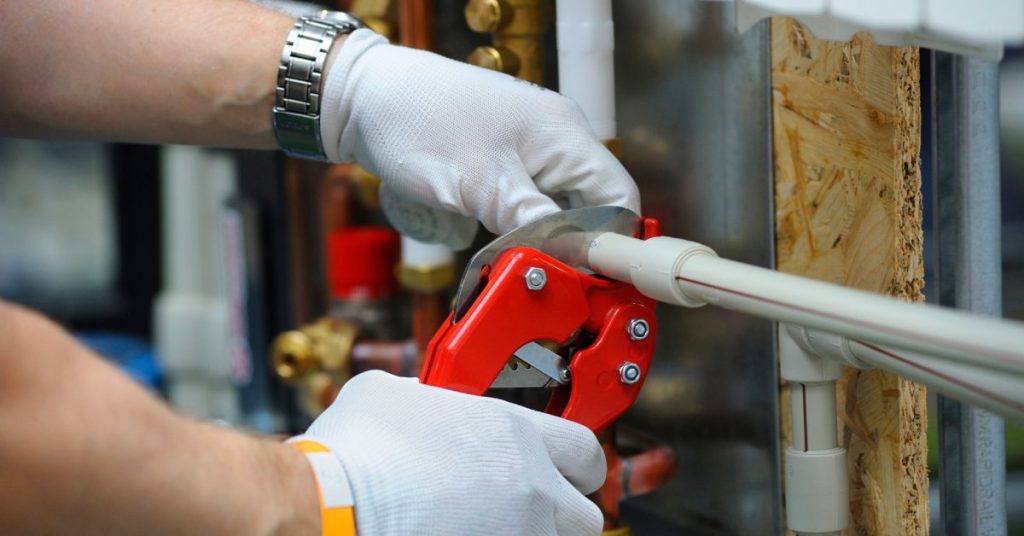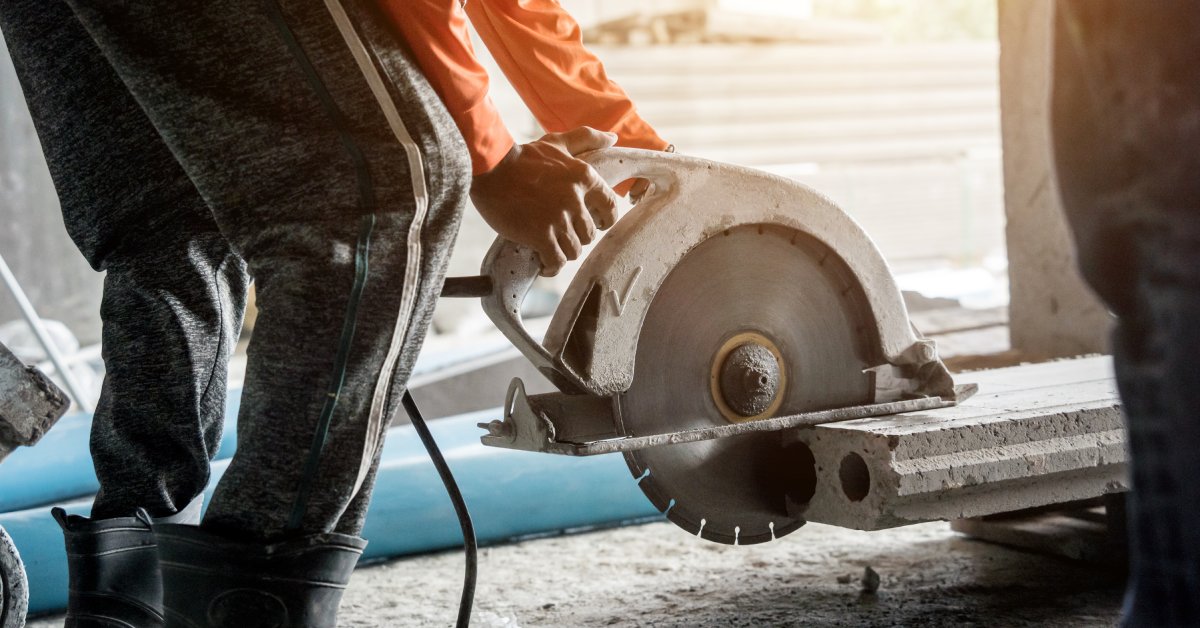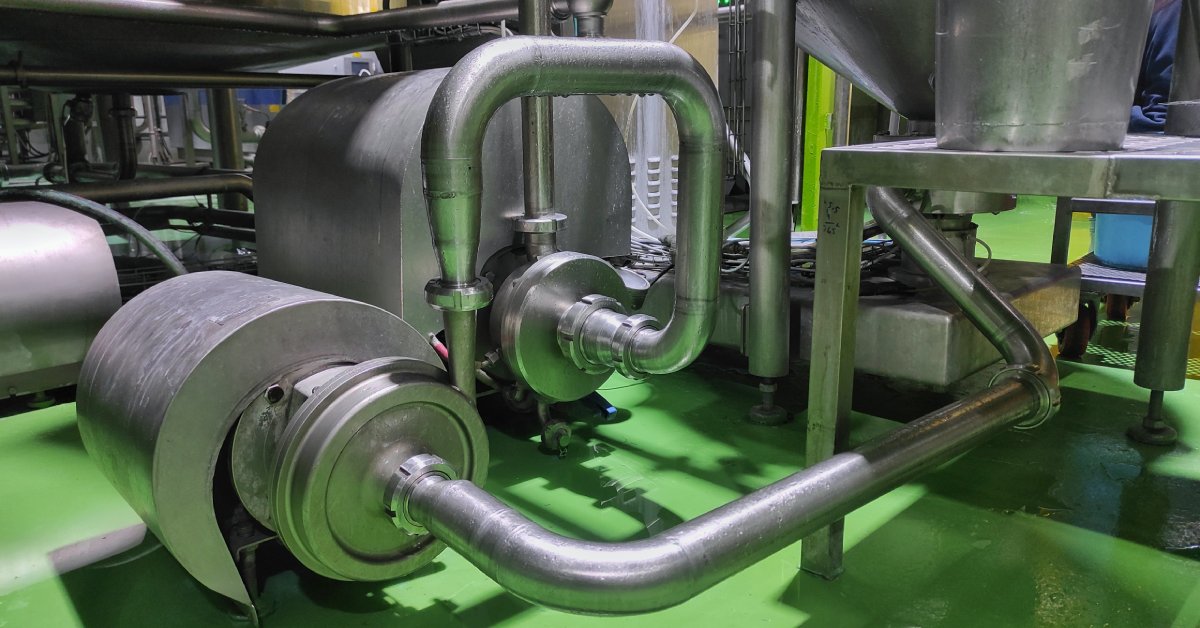6 Must-Have Heavy-Duty Tools for Industrial Use

Industrial work demands equipment that can withstand demanding conditions and deliver consistent performance. Whether you manage a manufacturing facility, work in construction, or handle maintenance operations, the right tools determine your efficiency and safety on the job. The six must-have heavy-duty tools for industrial use covered in this guide are essential pieces of equipment that professionals rely on daily.
High-Quality Chain Snake
Chain snakes are indispensable tools for professionals who work with clogged drains and pipes in industrial settings. These flexible cables feature a chain at the end that can break through stubborn blockages in sewer lines, storm drains, and large-diameter pipes.
The construction of a quality chain snake determines how effectively it handles demanding jobs. Professional-grade models use high-tensile steel cables that resist kinking and breaking under pressure. The chain attachment comes in various configurations, with blades or cutters designed to slice through roots, grease buildup, and other obstructions.
Industrial facilities benefit from chain snakes measuring 50 to 100 feet long, which allow technicians to reach deep blockages without excavation. The best models feature comfortable grips and smooth-feeding mechanisms that reduce operator fatigue during extended use. When you select a chain snake from a trusted industrial tool supplier, you invest in equipment that saves time and labor costs on maintenance projects.
Large-Diameter Portable Saw

Cutting through pipes, conduit, and structural materials requires a saw that combines power with portability. Large-diameter portable saws handle materials that standard cutting tools cannot. Depending on the model, these saws typically cut materials ranging from 2 inches to 12 inches in diameter.
The blade quality directly affects cutting speed and longevity. Carbide-tipped blades maintain their edge through thousands of cuts into steel, cast iron, and PVC.
Variable speed controls allow operators to adjust cutting rates based on material hardness and thickness. Several safety features distinguish professional-grade saws from basic models:
- Blade guards that automatically retract and cover the blade when not in use
- Quick-stop brakes that halt blade rotation within seconds of the operator releasing the trigger
- Ergonomic handles with anti-vibration technology to reduce operator strain
- Adjustable vises that secure materials firmly during cutting operations
Modern portable saws also incorporate brushless motors that deliver more power and require less maintenance than traditional brushed motors. The portability factor is significant in industrial environments, where access to cutting locations varies across a facility.
Hydraulic Pipe Cutters
Hydraulic pipe cutters provide clean, precise cuts without the sparks, noise, or debris associated with mechanical saws. These tools use hydraulic pressure to drive a cutting wheel through pipes made of steel, copper, aluminum, or plastic. The cutting mechanism creates smooth edges that require minimal finishing work before welding or joining.
Hydraulic cutters excel in confined spaces, where sawing may be difficult or dangerous. The self-contained hydraulic system delivers tremendous cutting force with minimal operational effort.
Professional models can cut pipes ranging from half an inch to several inches in diameter. The cutting wheel design varies by intended application, with some wheels optimized for thin-walled tubing and others for thick-walled industrial pipes.
Quality hydraulic cutters feature replaceable cutting wheels, which extend the tool’s service life. The absence of sparks makes hydraulic cutters essential for work in environments where flammable materials or gases may be present. Regular maintenance involves checking hydraulic fluid levels and inspecting seals for leaks that could compromise cutting performance.
Compact Compressor
Air compressors power numerous tools and systems in industrial facilities, from pneumatic wrenches to spray-painting equipment. Compact compressors deliver portability without sacrificing the air volume and pressure that power tools demand. These units typically produce between 2 and 6 cubic feet per minute at pressures ranging from 90 to 150 PSI.
The tank capacity affects how long tools can operate before the compressor cycles on to rebuild pressure. Models with 4- to 6-gallon tanks strike a balance between portability and run time for most industrial applications. Oil-free pumps eliminate the maintenance requirements of oil-lubricated models and reduce the risk of oil contamination in air lines.
Heat management distinguishes high-quality compressors from inferior models. Professional units incorporate cooling fins and thermal protection switches that prevent overheating during continuous operation. Quick-connect air fittings save time when switching between different pneumatic tools.
Sound levels matter in industrial environments, where workers already face significant noise exposure. Modern compact compressors achieve lower decibel ratings through improved pump design and sound-dampening materials in the housing.
Transfer Pumps

Moving liquids between containers, tanks, or processing equipment requires reliable transfer pumps. Industrial transfer pumps can handle everything from water and oils to chemicals and solvents.
The pump construction material must resist corrosion from the liquids it contacts. Cast iron pumps work well for water and noncorrosive liquids, while stainless steel or chemical-resistant plastics are suitable for aggressive chemicals. Flow rate determines pump effectiveness; industrial models typically range from 10 to 50 gallons per minute. Self-priming pumps can draw liquid from sources below the pump level, eliminating the need to fill the pump housing before operation.
The motor power and impeller design determine the pump’s ability to move viscous liquids or liquids containing small solid particles. Seal quality prevents leaks that waste materials and create safety hazards. Mechanical seals offer superior longevity compared to packing seals in demanding applications.
Portability features make transfer pumps practical for facilities in which pumping needs arise in different locations. Built-in filters protect the impeller from damage and extend pump life.
Industrial Locks
Securing equipment, storage areas, and control panels protects valuable assets and prevents unauthorized access to dangerous machinery. Industrial locks can withstand harsh environmental conditions that would defeat standard padlocks.
Weather-resistant models feature sealed bodies that prevent moisture intrusion in outdoor applications. Shackle hardness determines the resistance to cutting and prying attacks. Boron-alloy and hardened-steel shackles offer the highest security levels.
Key control systems prevent unauthorized key duplication, maintaining security over the lock’s service life. Some facilities can benefit from master key systems that give management access to multiple locks while restricting individual workers to specific areas.
Combination locks eliminate key management issues, but they require careful selection to ensure the mechanism can withstand industrial environments. Corrosion-resistant finishes, such as chrome plating or powder coating, extend lock life in chemical processing plants and marine environments. Lockout or tagout locks serve specific safety functions, featuring unique keying and bright colors that identify equipment undergoing maintenance.
Equip Your Facility for Success
Equipping your facility with the six must-have heavy-duty tools for industrial use lays the foundation for safe, efficient operations. Each tool category addresses specific challenges that industrial professionals face daily. Quality matters significantly when you’re selecting equipment that will endure demanding conditions and heavy use.
H To O Supply partners with leading manufacturers to provide tools that meet the rigorous standards that industrial work requires. The right equipment reduces downtime, improves safety, and delivers long-term value through durability and performance. Investing in professional-grade tools from trusted brands ensures that your team has the resources it needs to complete projects successfully and safely.

Recent Comments